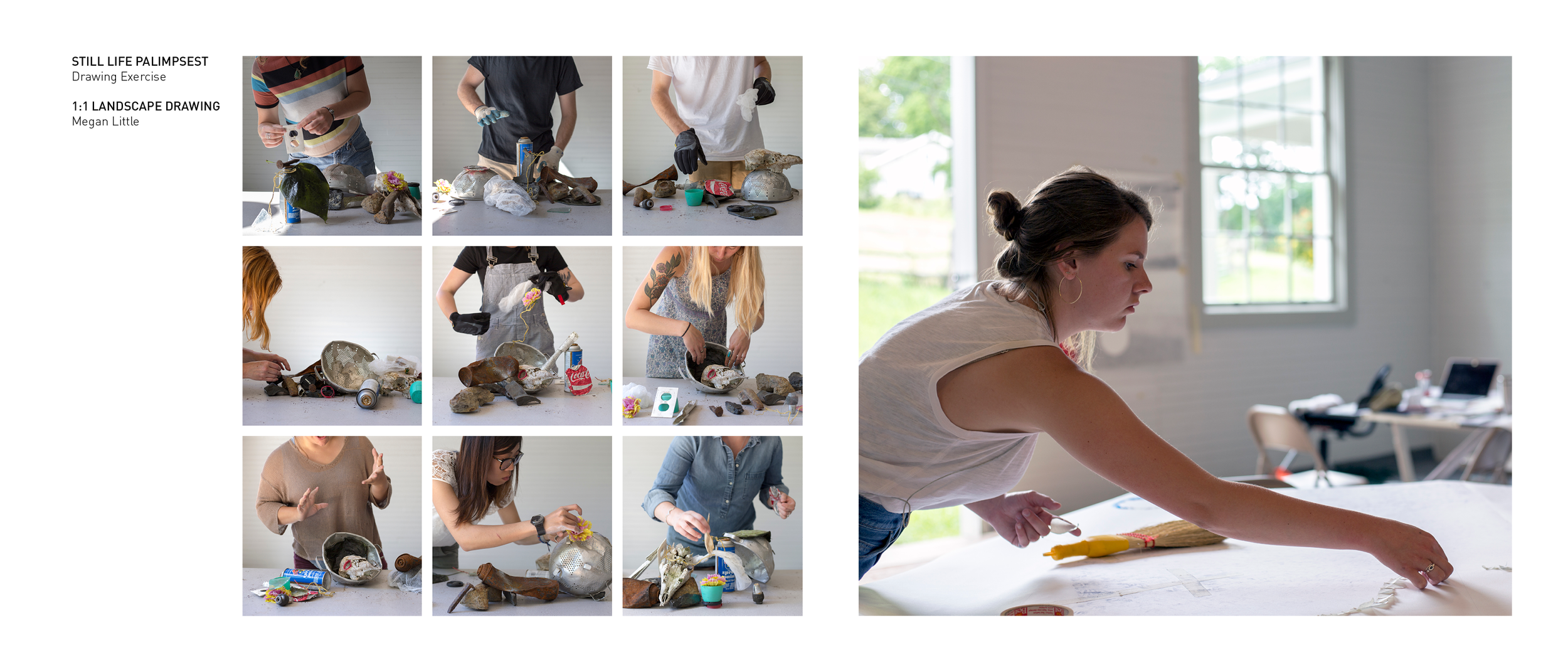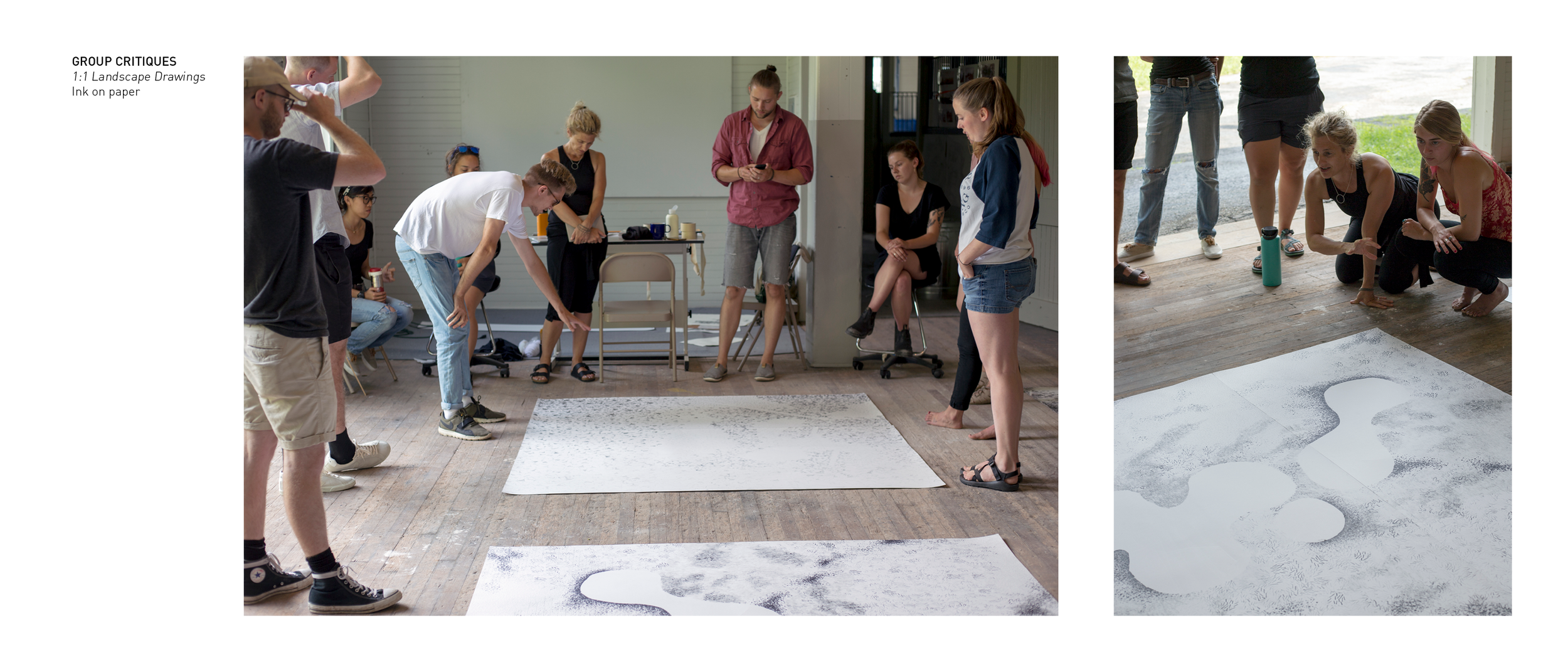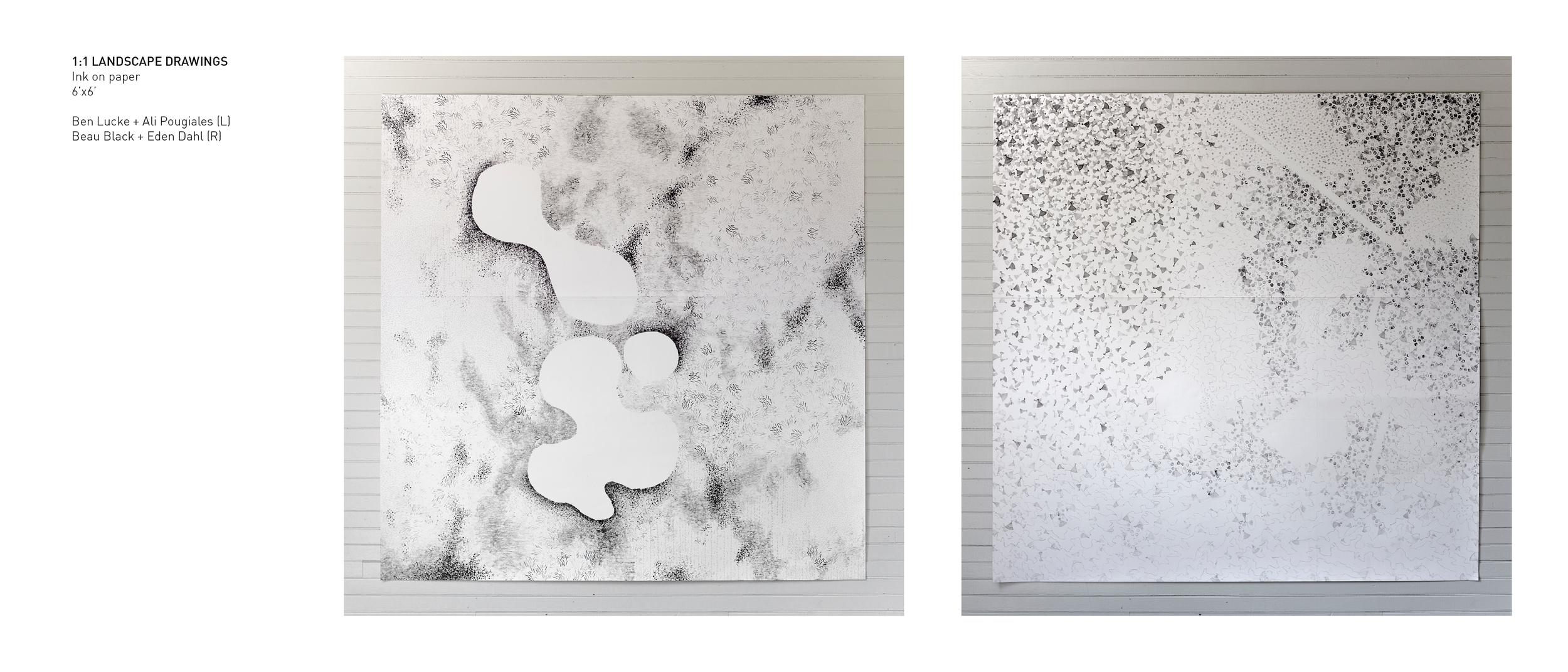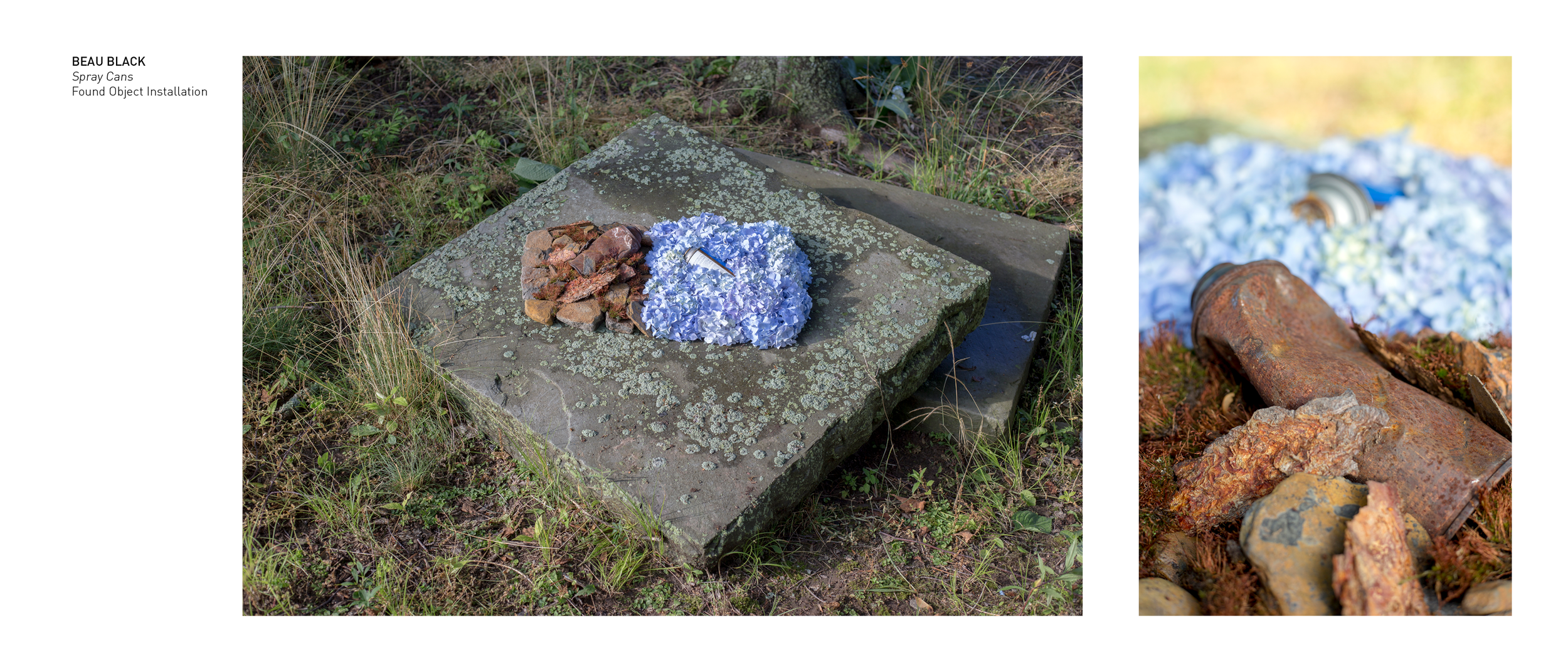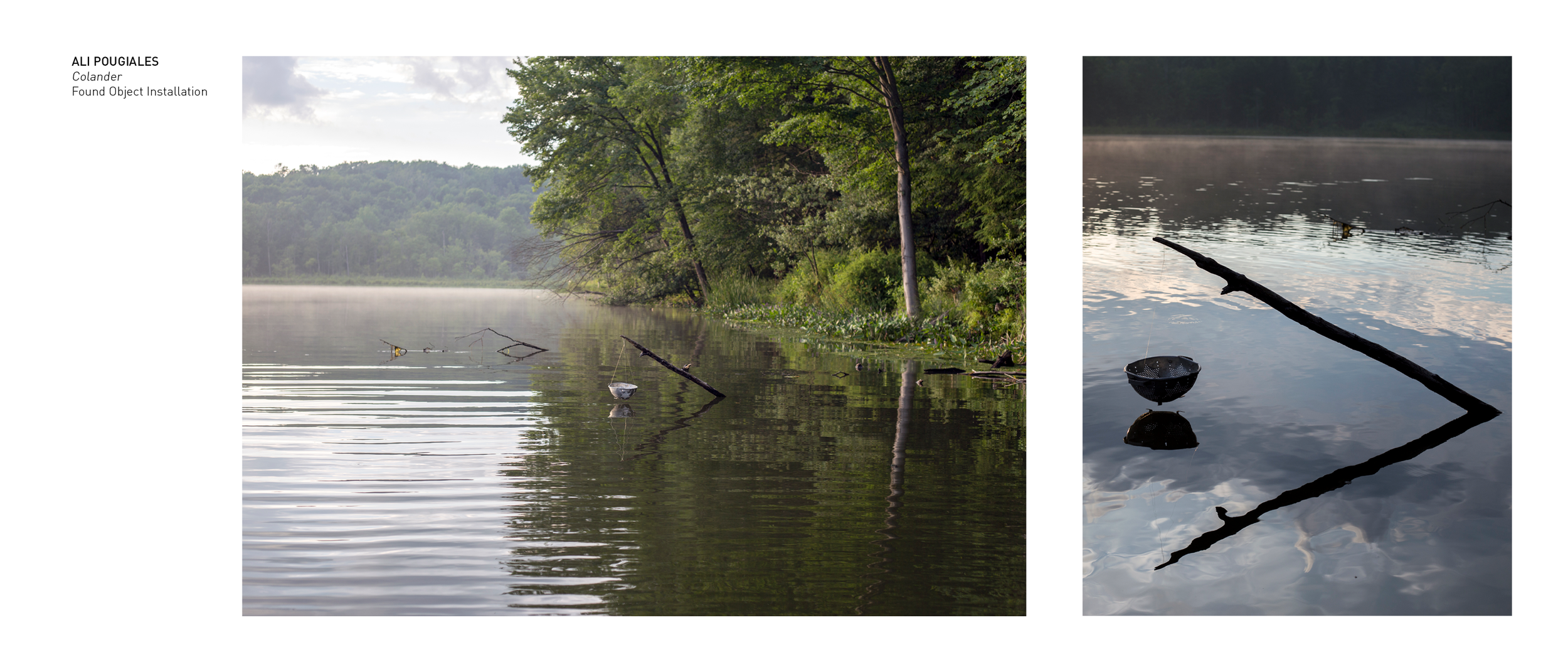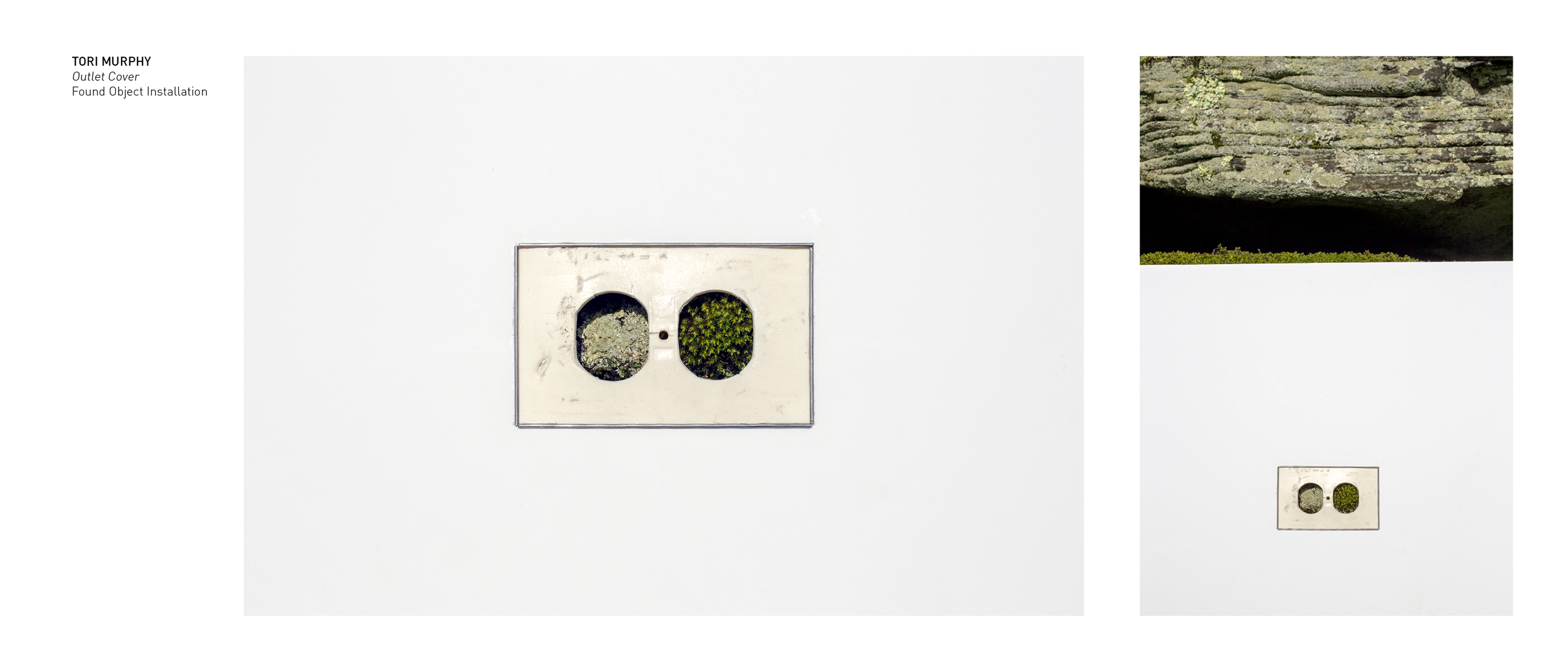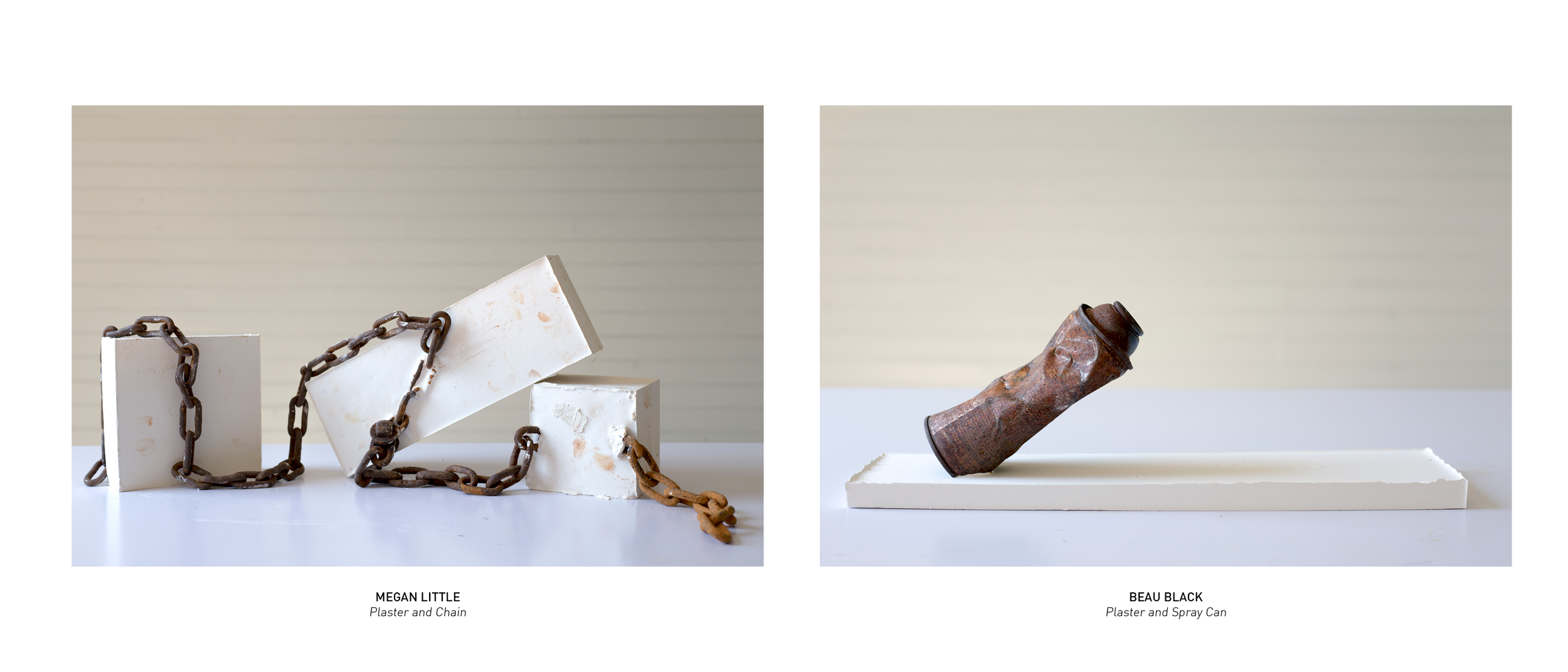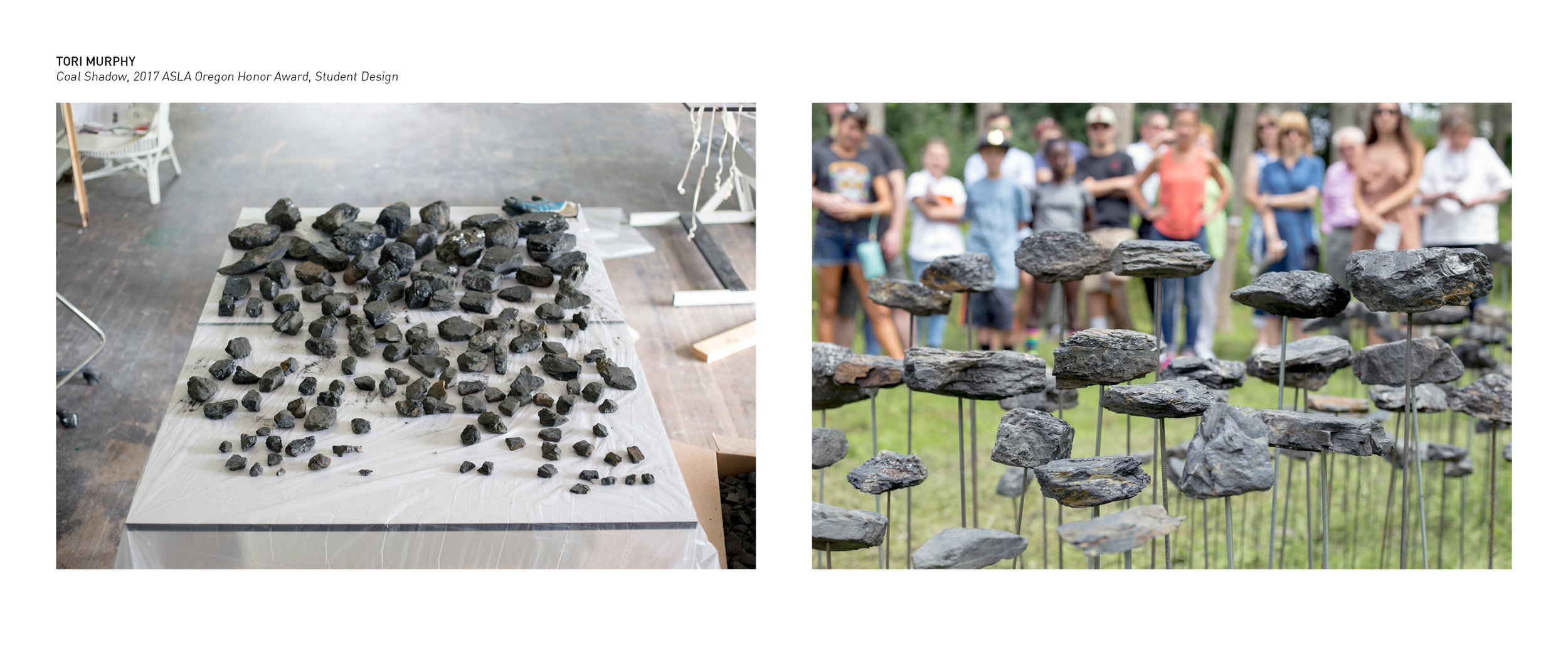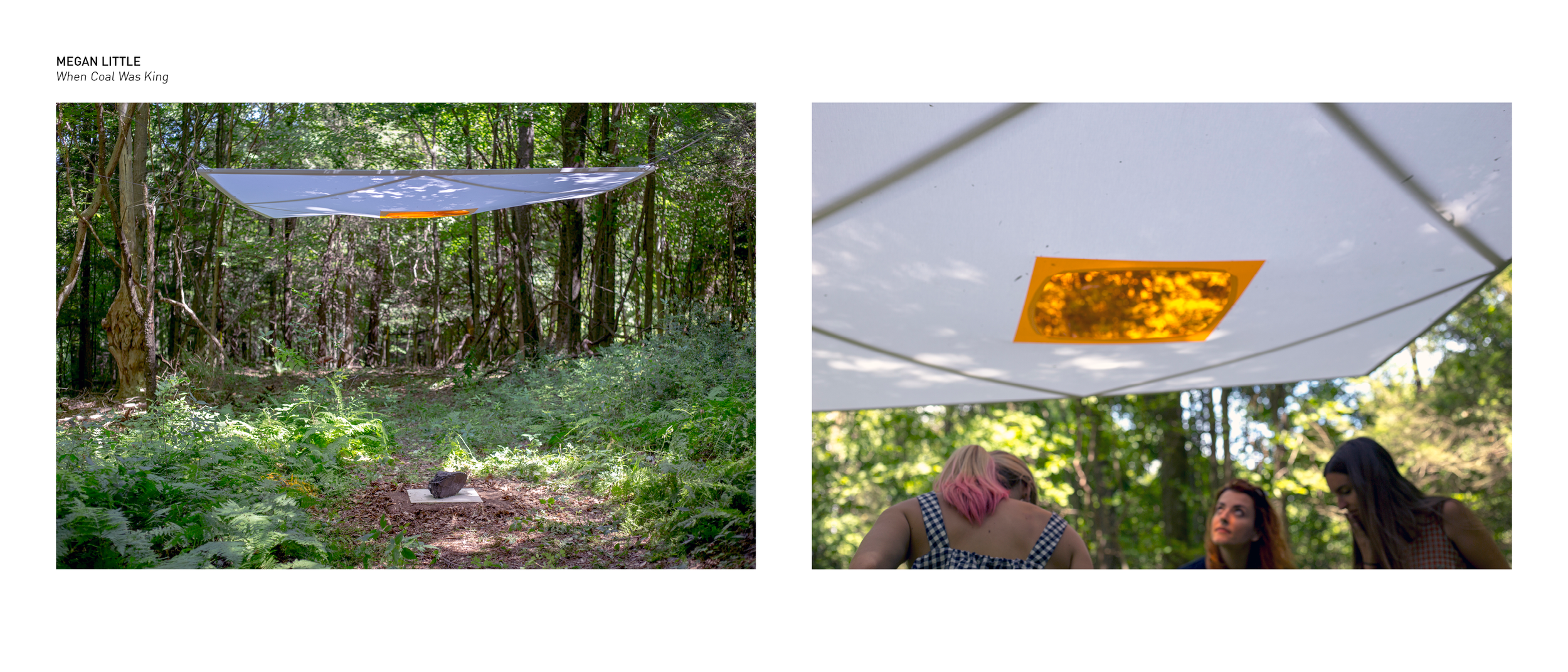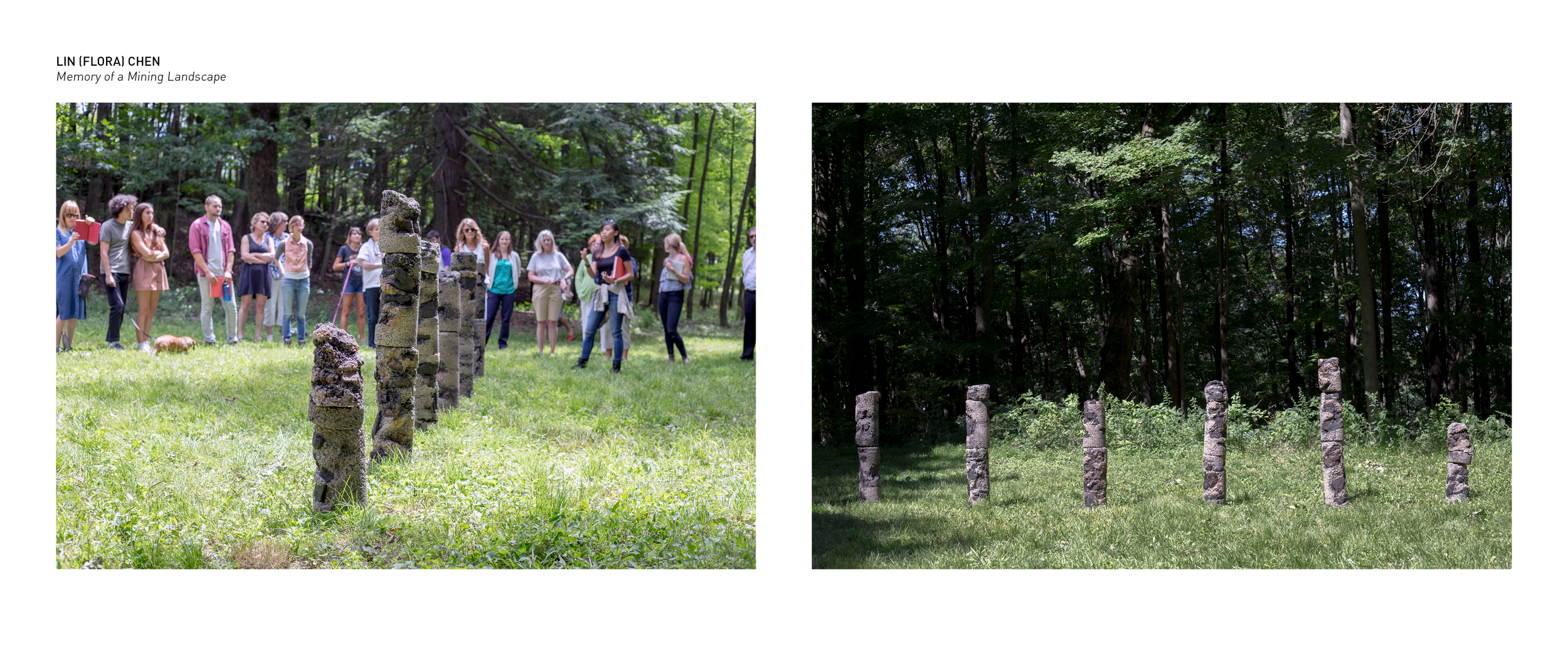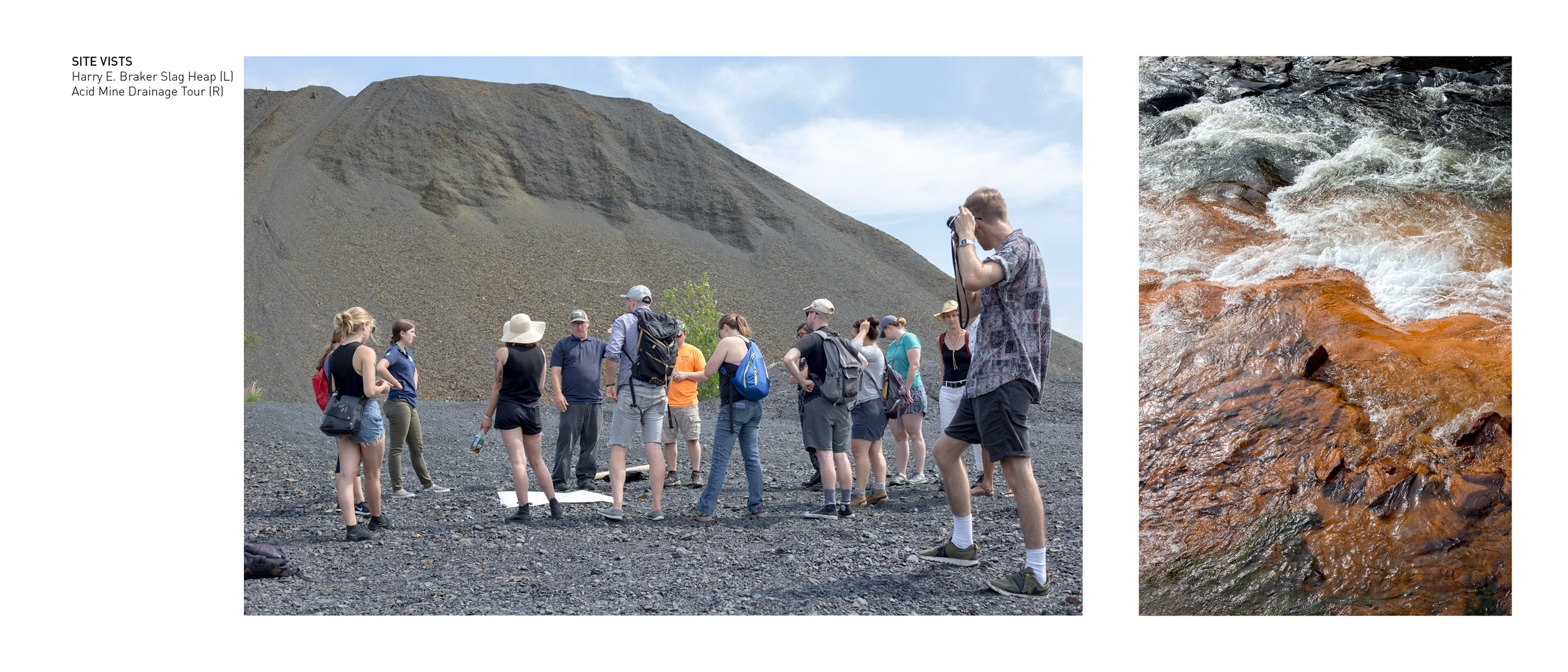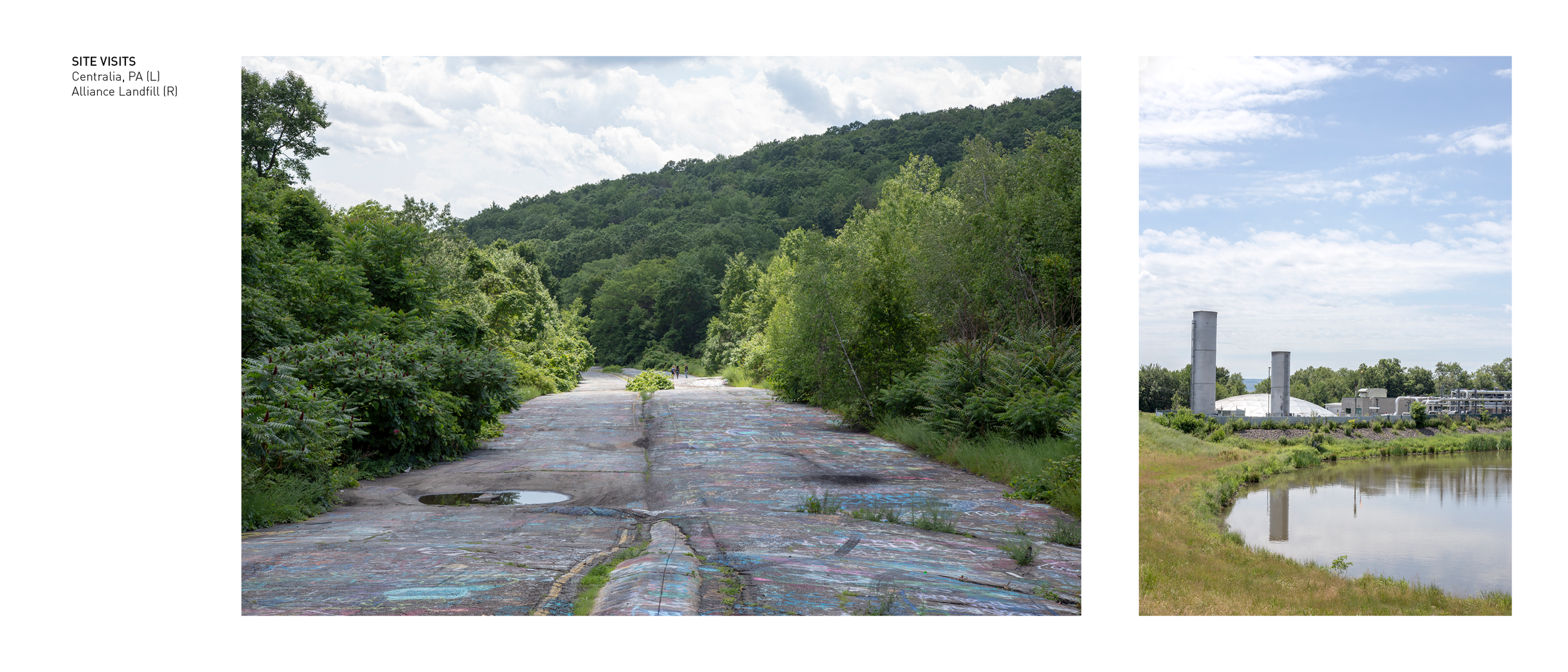THE OVERLOOK FIELD SCHOOL: MAINTENANCE
With Associate Prof. Liska Chan and Teaching Assistant Colin Poranski; The University of Oregon Overlook Field School; Fuller’s Overlook, Dalton, PA; Mixed Undergraduate and Graduate, Summer 2017
“Land that is left wholly to Nature, that hath no improvement of pasturage, Tillage, or Planting, is called, as indeed it is, wast [sic]; and we shall find the benefit of it amount to little more than nothing.” John Locke, Two Treatises of Government, 1690.
“Filth, under certain circumstances, might be a surprisingly good or enjoyable thing.” Julia Kristeva, Powers of Horror: An Essay on Abjection, 1982.
“Pollution is not simply the opposite of cleanliness; it also arises out of a confusion of categories.” William Cohen, Filth: Dirt, Disgust and Modern Life, 2004.
It is conventionally held that the beautiful and the wasted belong to mutually exclusive categories. Yet, they share a key distinction suggested by the epigraphs at left: both categories are plastic. Attempts to define them prove elusive. Sometimes, the unstable boundaries of these antipodal categories overlap, creating a paradox: a landscape, object, or thing that attracts and repels, can be beautiful and can be waste. Landscapes that hold these dual qualities in suspense are characteristic of the sublime.
The trajectory of this summer course embraces the complexity of waste and beauty and explores the interstices between each. Each phase of the summer focuses on a different understanding of waste—waste as a product of industry, waste as a product of abstraction, waste as a product of instability—and probe the latent agency and aesthetics of waste at Overlook and beyond.
